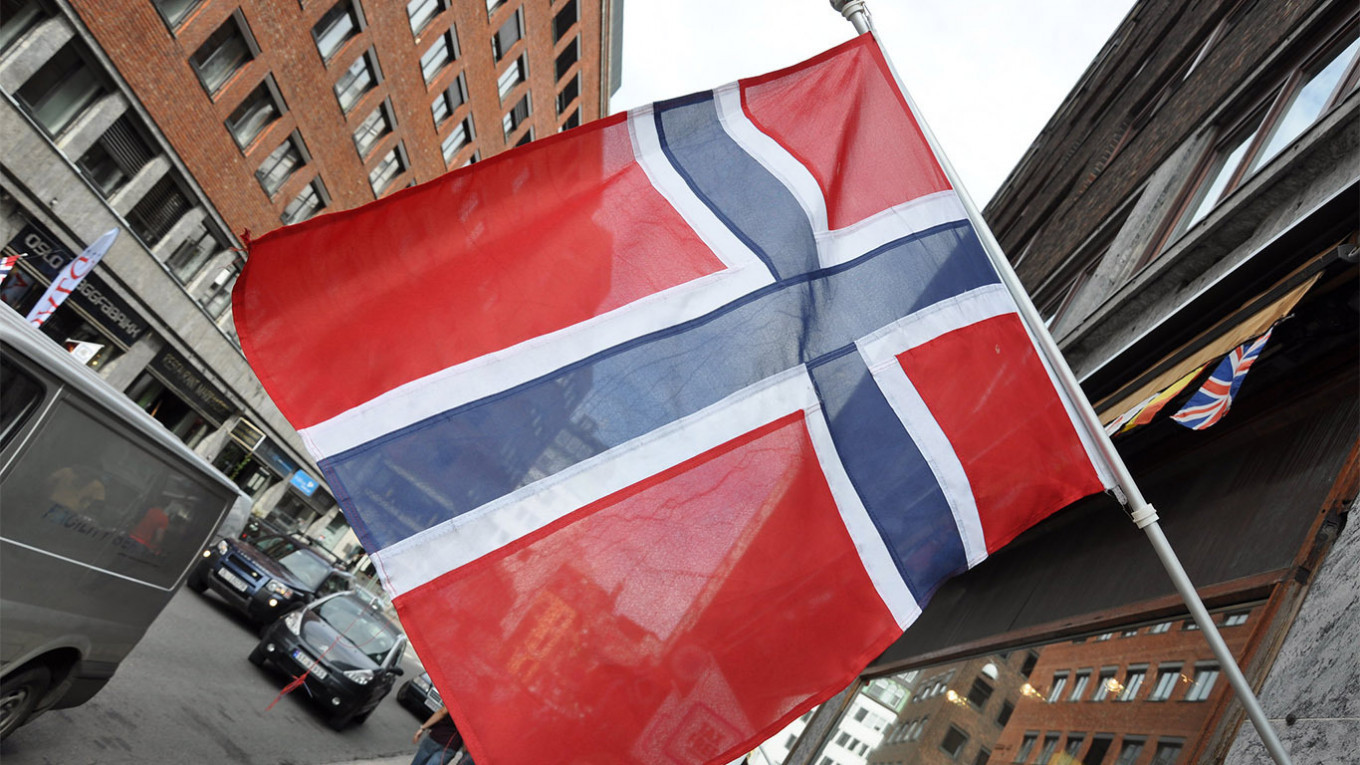Norway's government on Tuesday said that it believes Russia was behind an August cyber attack targeting the email system of the country's parliament.
Hackers gained access to some lawmakers' messages in the attack.
"Based on the information the government has, it is our view that Russia is responsible for these activities," Foreign Minister Ine Eriksen Soreide said in a statement.
The Russian embassy in Oslo described the accusation, which it hotly rejected, as a "serious provocation."
"No proof has been presented. We consider such accusations against our country as unacceptable. We consider this a serious and wilful provocation, destructive for bilateral relations," the embassy stated on its Facebook page, adding it expected Oslo to provide "explanations."
Oslo's foreign ministry did not specify what information prompted its conclusions, but encouraged companies to follow guidelines on cyber security.
"This is a very serious incident, affecting our most important democratic institution," Eriksen Soreide said.
In its annual threat assessment published in February, Norway's PST domestic intelligence service warned of "computer network operations" which they said represented a "persistent and long-term threat to Norway."
In 2018, NATO member Norway arrested a Russian national suspected of gathering information on the parliament's internet network, but released him several weeks later due to lack of evidence.
In August, Oslo expelled a Russian diplomat discovered in a restaurant meeting a Norwegian national suspected of spying for Moscow. Russia responded by expelling a Norwegian envoy.
The two countries, which share a common border in the Arctic, have generally enjoyed good relations but those have become strained since Russia's annexation of the Crimean peninsula in 2014.
A Message from The Moscow Times:
Dear readers,
We are facing unprecedented challenges. Russia's Prosecutor General's Office has designated The Moscow Times as an "undesirable" organization, criminalizing our work and putting our staff at risk of prosecution. This follows our earlier unjust labeling as a "foreign agent."
These actions are direct attempts to silence independent journalism in Russia. The authorities claim our work "discredits the decisions of the Russian leadership." We see things differently: we strive to provide accurate, unbiased reporting on Russia.
We, the journalists of The Moscow Times, refuse to be silenced. But to continue our work, we need your help.
Your support, no matter how small, makes a world of difference. If you can, please support us monthly starting from just $2. It's quick to set up, and every contribution makes a significant impact.
By supporting The Moscow Times, you're defending open, independent journalism in the face of repression. Thank you for standing with us.
Remind me later.






